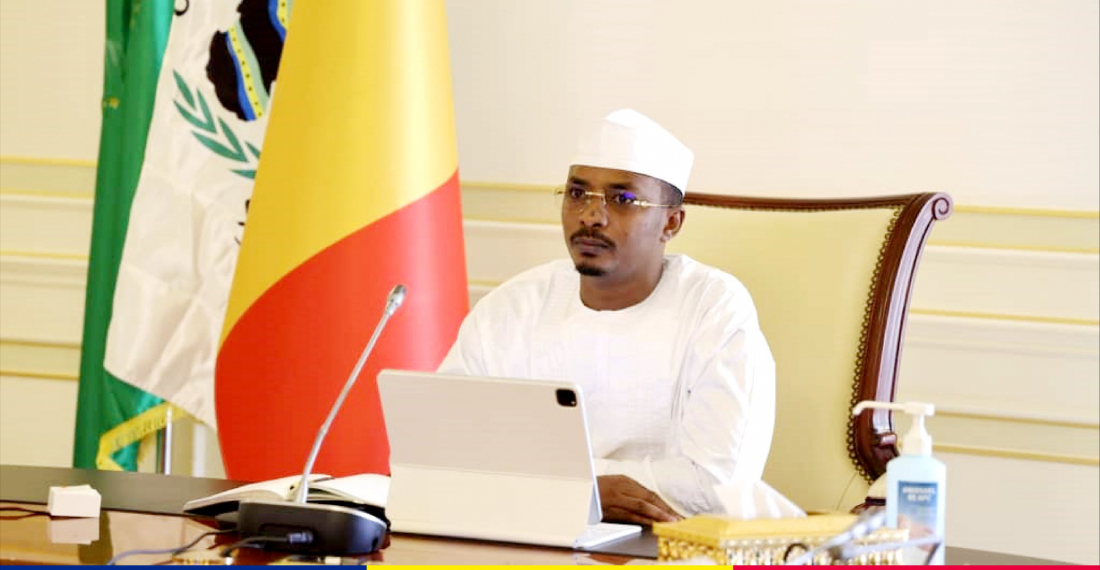The ruling junta in Chad decreed, on Monday (29 November), a “general amnesty” for rebels and opponents notably those convicted for “offenses of opinion", “terrorism” or “attacking the integrity of the state”, according to a report of the Council of Ministers sent to Agence France-Presse (AFP).
This measure concerns 296 people convicted - detained or not - and meets one of the conditions of the main rebel groups to come to the negotiating table at the invitation of the president, Mahamat Idriss Déby Itno, the young general who took the lead of the Transitional Military Council, the day after the death of his father, Idriss Déby, killed in April 2021 whilst fighting against rebels.
Of the 296 people concerned, 39 are convicted of acts of attacking the integrity of the State and crimes of opinion" and the 257 others are members of armed groups which were detained and tried after an offensive by the Union of Resistance Forces (UFR) in 2019, which aimed to overthrow President Déby.
“It appeared essential to wipe out the vestiges inherited from the dark periods of our country by granting a general amnesty to those who, for one reason or another, had chosen the path of exile and/or violence to express their political differences”, proclaims the law adopted by the Council of Ministers.
In the beginning of November, the main Chadian rebel groups had declared their willingness to participate in a national dialogue “under certain conditions”, which included a general amnesty. Mahamat Idriss Déby Itno had multiplied the signs of openness to armed groups to involve them in a national dialogue supposed to reconcile the Chadians before “free and transparent” elections promised within eighteen months, renewable once, when he took power.







